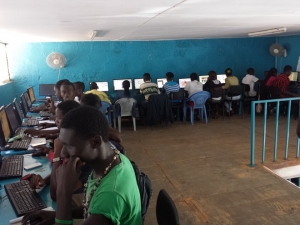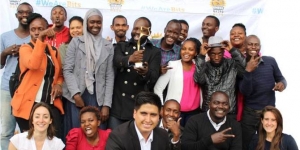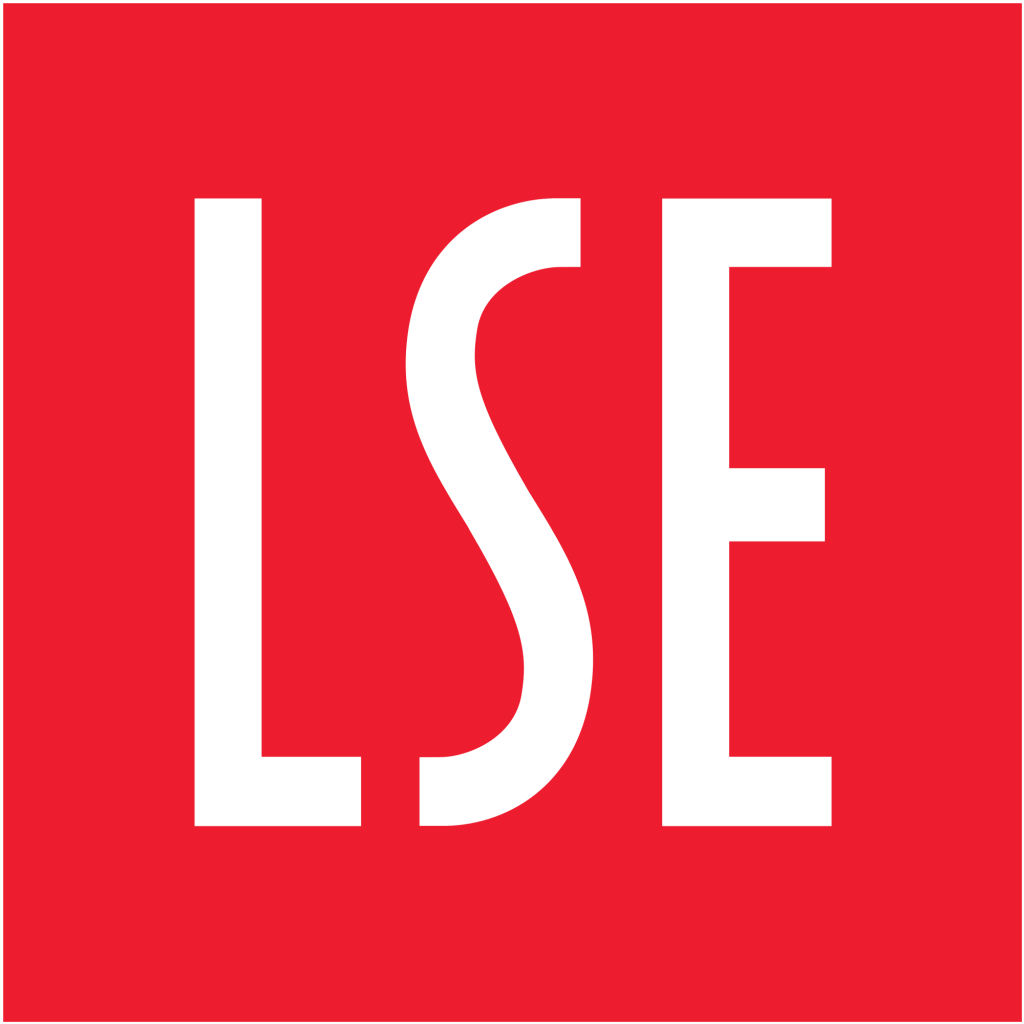The LSE Management course MG438 teaches students about Business Model Innovation and how to radically change various parts of a business model. We also learn how businesses operate at the base of the pyramid (the poorest economic quintile). This is very important when working in social enterprises or consulting in a developing country’s poorest region(s). Much contemporary business education is taught based on the realities in the developed world, which does not apply to the poorest parts of the world.
In November, once equipped with a firm grasp of this knowledge, we were assigned the task of consulting with a client (similar to a MPA Capstone project). We travelled during the Easter break to conduct the field research. The preferred methodology is one used by the LSE Innovation and Co Creation Lab (ICC Lab) headed by Professor Harry Barkema and Dr. Chris Busch. The methodology consists of doing evidence based consulting. This means that the consultants cannot work remotely from a computer in the comfort of the developed world and make recommendations to the clients without actually understanding the reality of their context. This is why the ICC’s consultations involve quantitative field research.

We had the privilege of working with Nairobits Trust, an NGO in Nairobi, Kenya which trains underprivileged youth from the slums in graphic design and web development in order to help them find jobs. Our task was to help them innovate their business model in order to have a sustainable revenue stream because they were almost completely dependent on donations.
We were in contact with both the Nairobits Trust and with Caroline Oloo, a PhD student in Nairobi who was working with both the Trust and the ICC Lab. In this period, we learned about the organisation and received access to documents to help us better understand the context and history of the NGO and to prepare our field research. We practiced our presentation a few times in class to polish our methods and questions, and to seek the feedback of our classmates and lecturers. Once the Lent Term finished, we traveled to Nairobi for 2 weeks.
Our time in Nairobi
We had two weeks almost fully scheduled to work (we were glad to sacrifice our Easter break to help this great organization). When we arrived, we were kindly received by Caroline. We stayed in a house booked through Airbnb so we could continue to work after coming back from the field. Wilson Masaka, our Nairobits contact arranged several important meetings for our team. On our first day in the field we were introduced to the team and Lameez Alexander, a post-doctoral researcher also working with the ICC Lab. Both Lameez and Caroline helped us on the research and consultancy work. The main message Lameez had for our team was that Nairobits saw us as consultants/experts and not as students, so they were expecting great things!
We conducted focus groups and interviews with students, alumni, staff, management and board members. We also talked to people from iHub and other ICT organizations to further understand the context of Nairobi. Even though we had been intensely studying the wider context of the city and the Nairobits Trust before the trip, we learned far more than we expected to whilst on the ground. We had underestimated how much the Nairobits Trust was changing the lives of its students and its esteemed reputation in Kenya. Some alumni shared how they previously used to live in a house with no electricity and after their Nairobits experience they are now employed as Head of Developers. Another alumnus told us during his research on Nairobits he discovered it was akin to being the ‘Harvard of design’ in Kenya. The quality of work produced by the students was incredibly high and their biggest limitation was that they were unable to practice at home as they did not own a computer.
One day, we also visited the “girls centre” which was a Nairobits school funded by the Malala fund. These students told us how empowering they found it to study in a single sex environment as it meant they avoided harassment and judgement from their male peers. They told us how now they are more respected in their communities because they are proving that women can be more than mothers (as is traditionally expected of them) and that they can do things on an equal par to the men.

My reflections:
This trip was an invaluable learning experience. Being back in the field reminded me of my home, Ecuador and why I decided to leave at 18 in the hope of returning one day to help serve the poor and forsaken. I remembered my grassroots background and my passion for service, only this time, I was working at a professional level, and it felt right.
We presented our preliminary findings to the Nairobits team and they were very excited to hear our suggestions. Even though some of the ideas were not new, the staff knew that the Board always gives more serious consideration to ideas suggested by foreigners than their in-house staff, which is sad but it also adds value to our work.
On our return to the LSE, we worked together on a 5000-word report which consisted of an academic report and an executive business report for the client. We had a final presentation with our recommendations on May 18, 2016 via Skype and in front of our class – and we received a distinction for our assignment!
I would encourage LSE students, particularly those on the MPA to look for opportunities to go the extra mile and not restrict themselves to solely their academic work. LSE has amazing opportunities, but it’s up to us as students to grab them and to contribute to making this world a better place.
Please note this course is not being offered in 2016/2017.
 Francisco Abad graduated in the LSE MPA Class of 2016.
Francisco Abad graduated in the LSE MPA Class of 2016.





